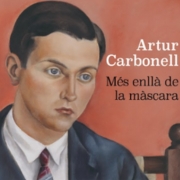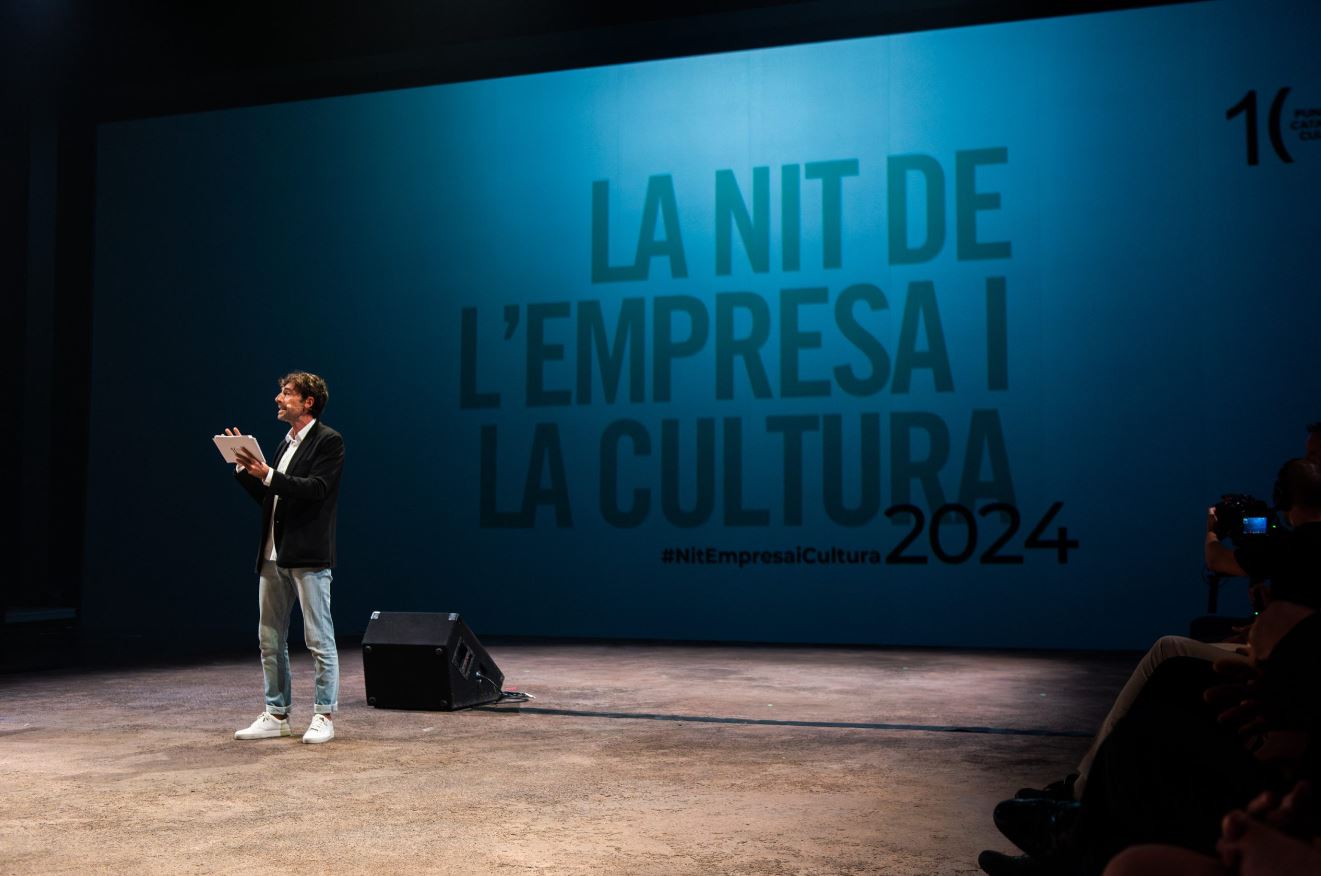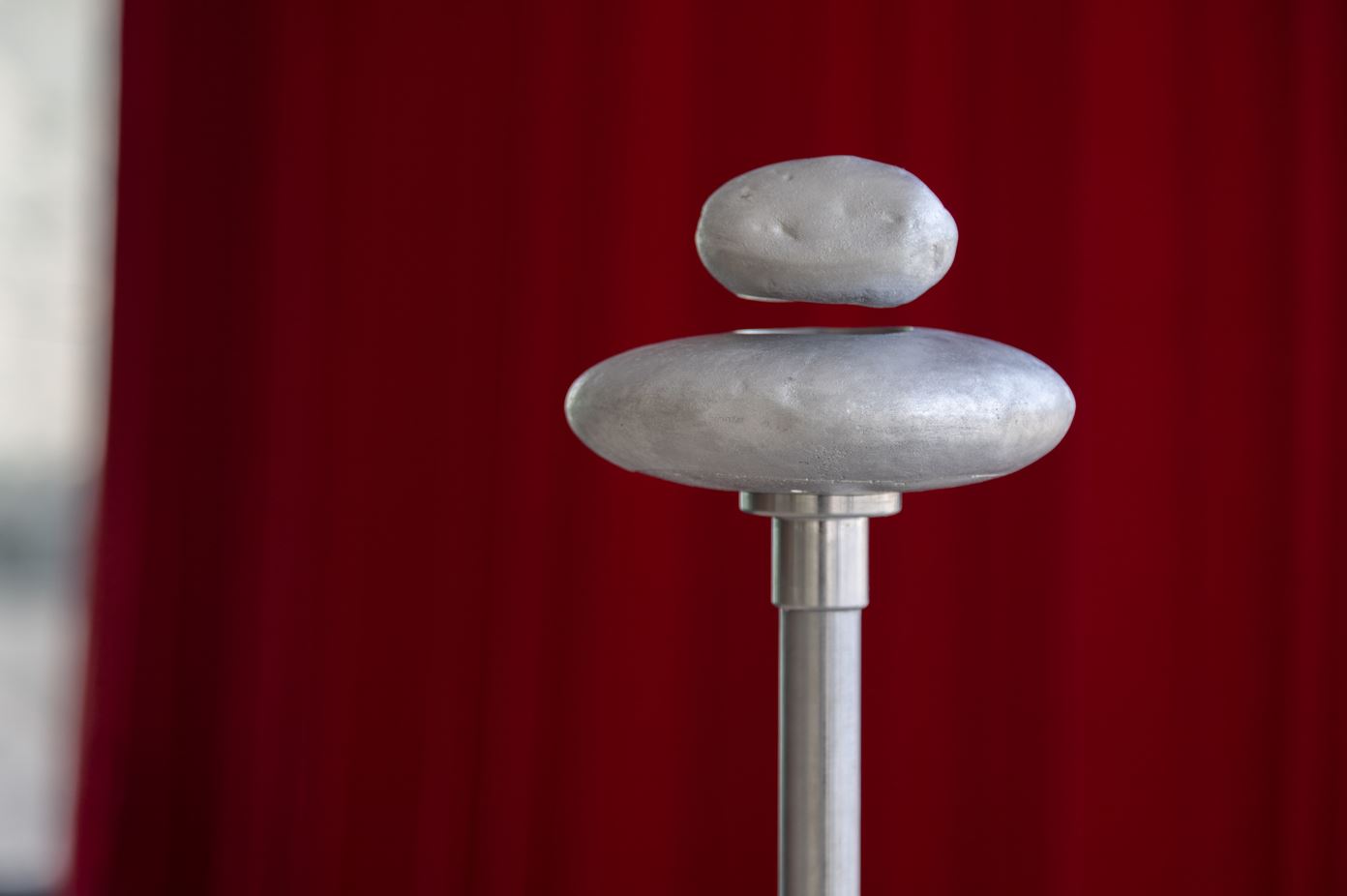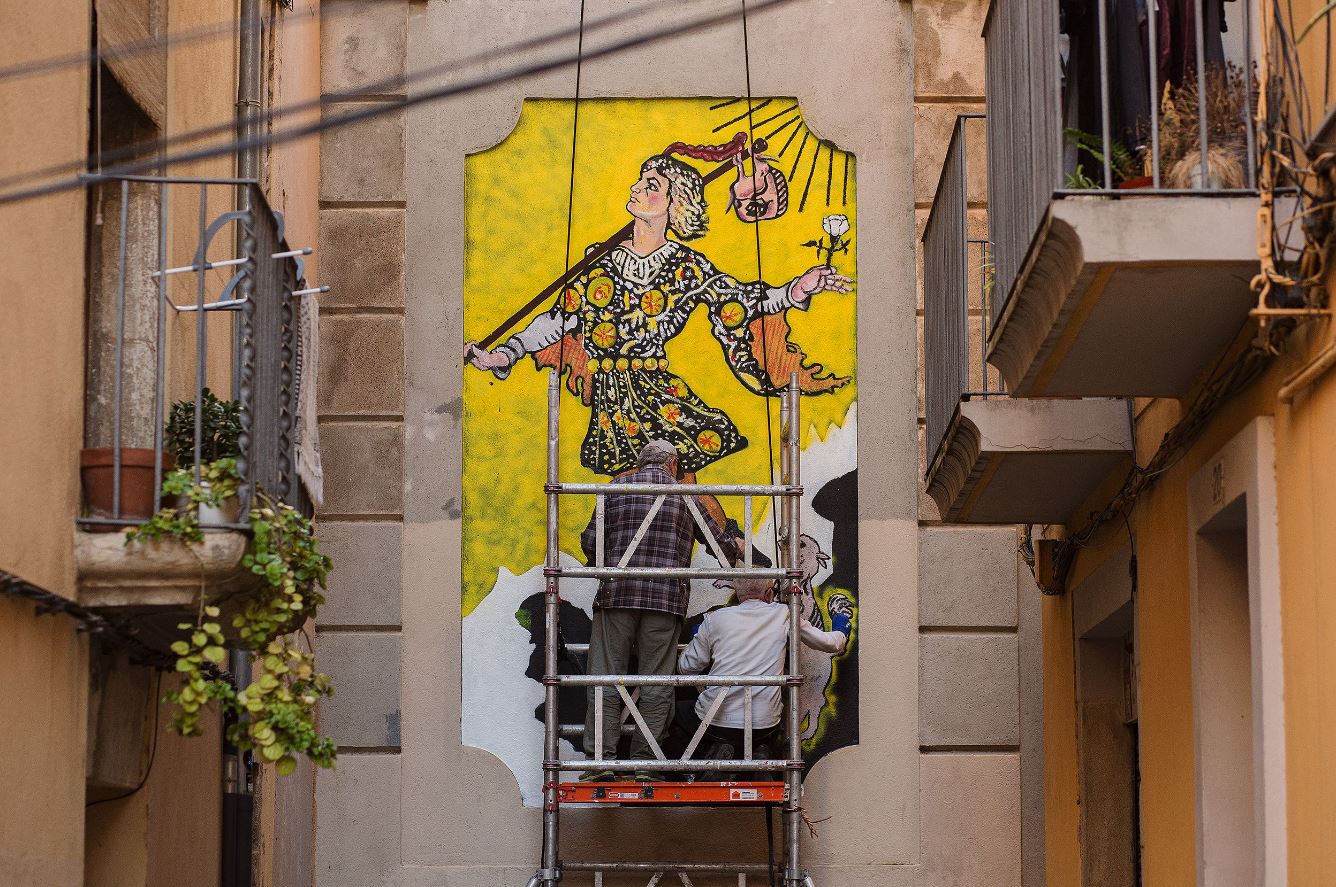Editorial
At night, if the company does not reach the culture, or how Catalonia is put in the queue in the patronage law.
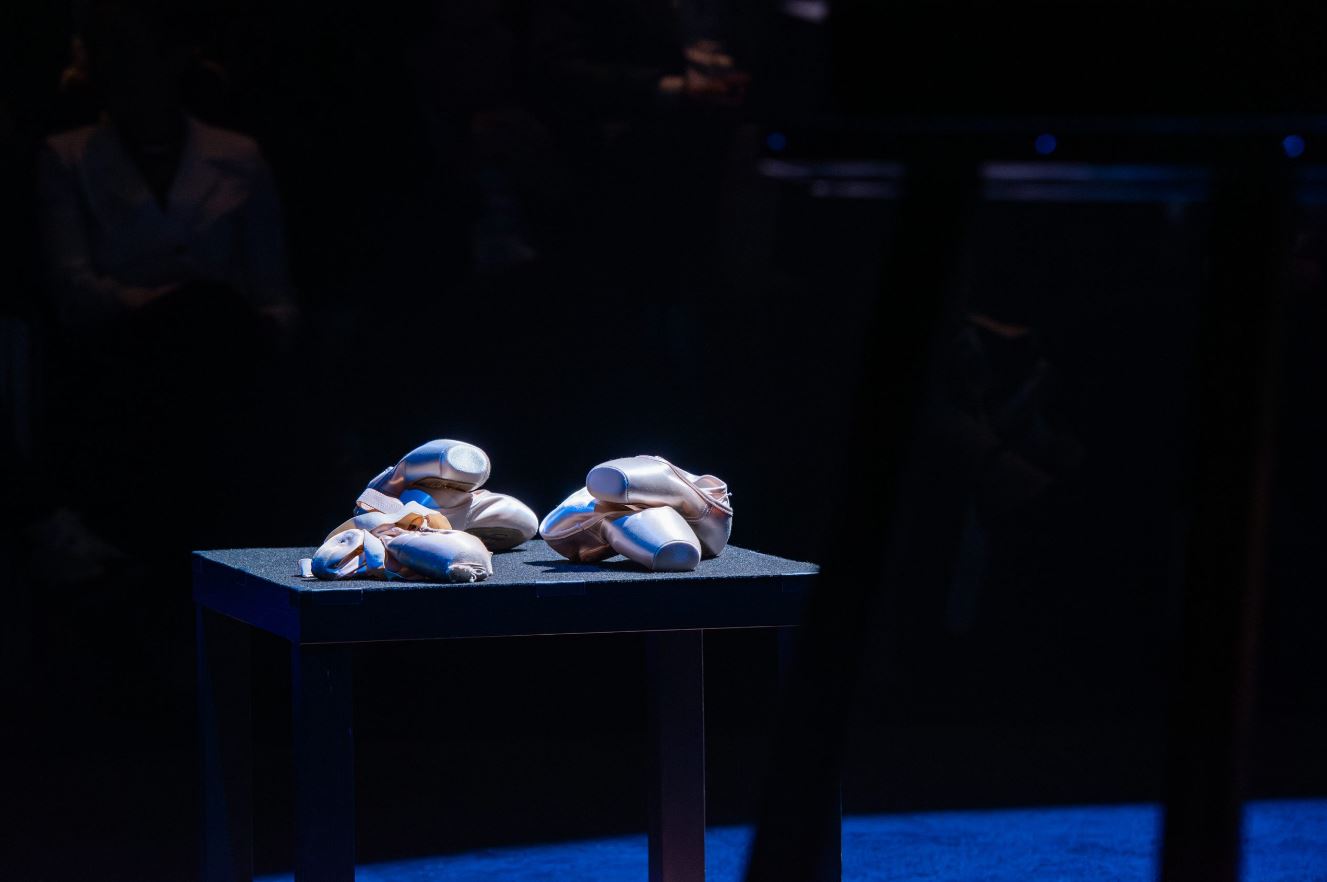
The Teatre Lliure, an incomparable setting, awaited us at mid-afternoon – a European hour to try to reconcile work and family life – to celebrate the 10 years of the Catalunya Cultura Foundation and, likewise, the Night of Business and Culture, where companies that bet on culture are recognised, cultural companies at the level that generate culture and articulating agents of the country that make culture possible. We were more than 500 people, a barbarity to manage to mobilize this amount of people; therefore, the entire team of the foundation – by the way, all women – must be congratulated, its patrons and patrons, and the hyperactive director, Maite Esteve, and another hyperactive, the president of the entity, the entrepreneur Eloi Planas, from Fluidra. The type of people: businesswomen and entrepreneurs, politicians from different fields (business, culture, parliament...), art foundations (Vila Casas, Sorigué, Coromina Isern...) and some creators. The ceremony, which was presented by the actor Bruno Oro - he left some epic ones -, was attended by the president of the Parliament of Catalonia, Josep Rull; from the Minister of Culture, Sònia Hernández Almodóvar; and the Minister of Business and Work, Miquel Sàmper; also the president of the Economic Circle, Jaume Guardiola, or the president of the Barcelona Chamber of Commerce, Josep Santacreu, among others. Among the ex-councillors, Ferran Mascarell – the promoter of this foundation when he was a councilor – and Santi Vila, who as a councilor also supported him. The staging was very Anglo-Saxon, bold, with rhythm, an informal point and even, at times, with the risk of trivializing the importance of the event. Theatre, music, art, all the ingredients.
Things that surprised me and that were said in the parliaments: while the Spanish patronage law is approved, we will see how it unfolds and what impact it has, its application in Catalonia is lagging behind, behind, behind... and having to leave Josep Rull - a president of the parliament (who is not the president of the country's government) - trampling on the speech of Eloi Planas, president of the foundation, promising something that I don't know if he could do: try to promote this law that seems non-existent in Catalonia. I was also surprised, things about the protocol, that the Minister of Culture did not say something - which has a lot to say - or the Minister of Business, which has its weight so that the societies and companies of the country bet on culture, despite the fact that many do it for issues of the third sector, social sphere; at this point, I would like to clarify that culture is a social area of first necessity that, often and as was demonstrated during the COVID, makes us have a better quality of life, creativity and mental health. In this sense, one of the awardees, the RCR team of architects, emphasized that culture is nuclear, it is essential and that without culture we are nothing. Culture that comes from cultivating: the land, the spirit or whatever it takes.
[file685dc]
What is clear is that there is a long way to go and that if the administration, which must be the first to encourage patronage and philanthropy, does not set an example, it will be difficult for the business and social world to have the same dynamics of other countries around the world. And speaking of companies, among the awardees, Seat for the Casa Seat initiative – we will have to call it Casa Cupra because at this rate the brand that came from a Fiat license will be invisible-… or the award-winning project of the “ Brava Arts", which recovers an old industrial factory in La Bisbal, and, although I liked the proposal, I think the Som(riu) festival in Terres de l'Ebre was more interesting, for all its message and values and balance of country. La Brava is a project that was presented with great enthusiasm, but with many inaccuracies, as there is no industry left in Bisbal - false -; that it seems that thanks to La Brava, a population without previous artistic flair is being revitalized - false -; there is a musical dynamism (Manzoni...), relief artists (Pere Noguera, Santi Moix has all his ceramic work there) and the world of the circus and theater, in addition to a ceramics museum that is called to be the national ceramics museum in Catalonia, which President Illa himself visited last week and which, together with the ceramics school, is building an artistic and cultural movement where old and modern come together. A museum that has not yet received a visit from the braveros, who played with the glamor of the empordanet to appeal to the epic of a cultural company focused on producing stage shows basically to monitor with money, something coherent and basic , but not as altruistic as sold. In addition, this project - monumental and very eye-catching - has feet of clay, since the owner, Ramon Romaguera, former mayor of the town, is his age and his descendants have a qualified space in the Brava factory urban planning to build housing, and that in the Empordà it is a good claim and that can make all the work quickly developed disappear. Let's hope it doesn't happen.
But let's go back to culture, cultural industries and companies and companies. Apart from the accurate reports that "la Caixa" has been producing on the culture sector for decades, Conca also uses data from the Department of Culture of the Generalitat; I was recently able to read a report by Fundación Banco Santander - with data from the Ministerio de Cultura - which highlights indicators that we did not know or reiterates some that we already knew, as cultural workers are 3.4% of the total, 700,000 jobs; that 70% of cultural workers have higher education, but their wages are below average; and that, of the more than 115,000 cultural companies, sometimes they seem to survive by a miracle. It is also pointed out that the Spanish cultural GDP is basically concentrated in Madrid and Catalonia, and that it is 2.2%, 27,201 million euros, of which 79% are in the fields of books and the press and plastic arts and visuals A fact that surprises, but does not surprise me, is that 71% of these companies do not have staff with a contract; the majority, 64.3%, are self-employed launching their projects: full-blown entrepreneurship or total unconsciousness!
For this reason, entities such as the Fundació Catalunya Cultura – as well as the ICEC – carry out essential proactive support and mentoring tasks. In addition, one of the main guidelines of the Fundació Catalunya is to make the business world aware of the fact that betting on culture is betting on our societies. Culture as a social elevator. And, to finish, I think that the Department of Culture should be more clear about the fit that a fundamental foundation like Catalonia Culture should have within the organizational chart of the Department itself, if applicable. The public-private models are key to driving the dynamics of the future and it is necessary to strengthen these backbone entities of culture or cultures in the plural.



